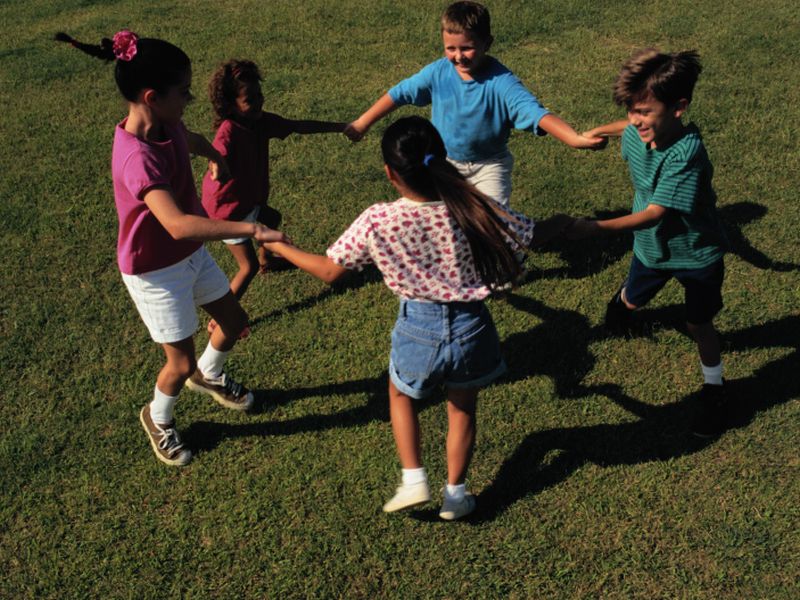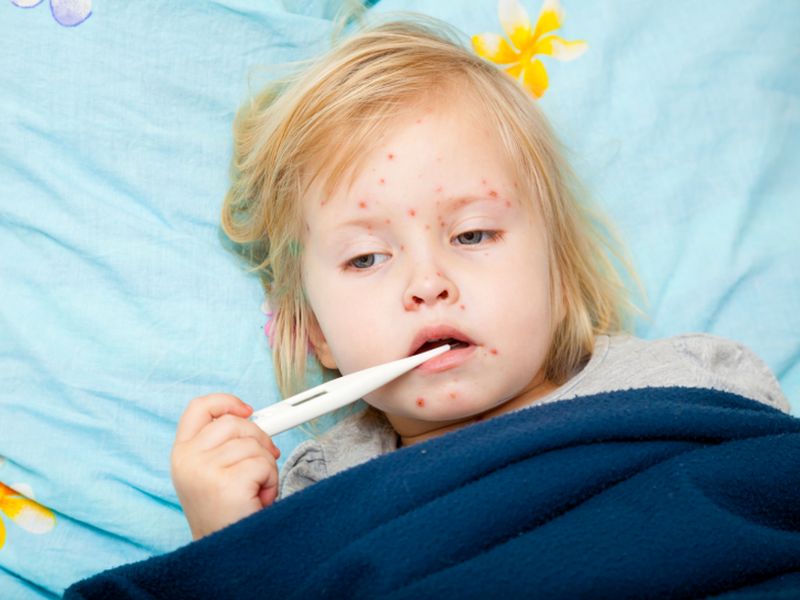
Physical activity is closely linked to development of a child’s mental skills — ones essential to academic success and navigating challenges they’ll face throughout life. Studies show that boosts in thinking ability, or executive function, often follow bouts of activity. But only one-third of children are physically active every day. Less than half the time… read on >





























